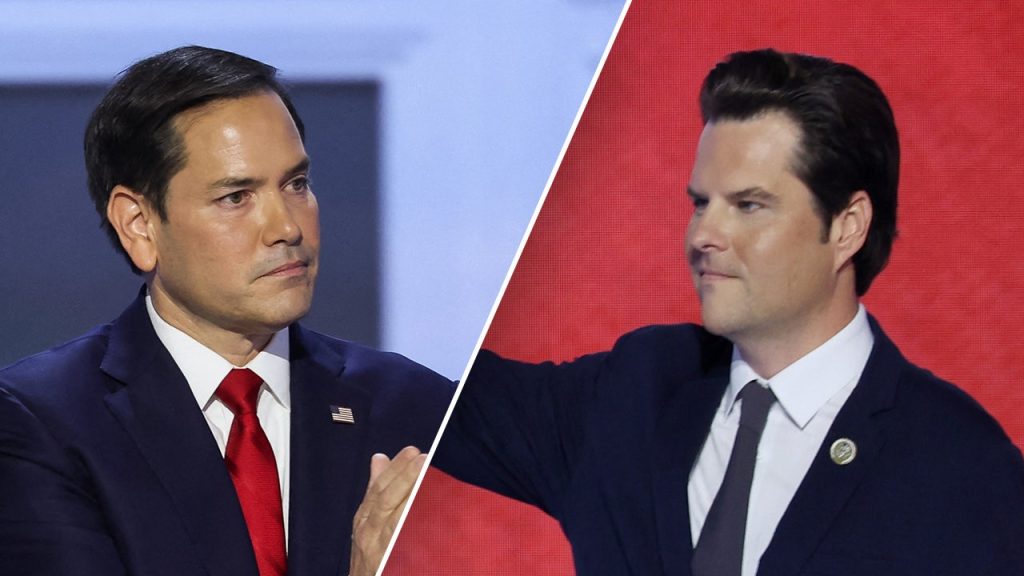Allies of former President Trump in Florida are grappling with how to vote on Amendment 4, a ballot initiative that would amend the state constitution to enshrine the right to an abortion into law. The amendment, known as Amendment 4, states that no law shall restrict abortion before viability or when necessary to protect the patient’s health, as determined by the patient’s healthcare provider. It also clarifies that the amendment does not change the legislature’s authority to require parental notification before a minor has an abortion. Trump, a resident of Florida, has not yet decided how he will vote on the amendment, but has expressed concerns about the six-week timeframe proposed in the initiative.
Marjorie Dannenfelser, president of Susan B. Anthony Pro-Life America, voiced opposition to Amendment 4, stating that it would allow abortions past the five-month mark, which contradicts Trump’s position on the issue. She emphasized the importance of voting against the amendment in order to prevent unlimited abortion rights from being enshrined in the state constitution. While Trump has not officially committed to voting one way or another on Amendment 4, his campaign clarified that he believes the six-week timeframe is too short, indicating potential opposition to the amendment. Florida Senator Marco Rubio’s office confirmed that he will be voting against the amendment, citing his belief in prioritizing the right to life over the right to choose in public policy.
Representative Matt Gaetz also expressed opposition to Amendment 4, arguing that abortion policy should not be dictated by the state constitution but rather addressed by the state legislature. Other Trump allies, including Senator Rick Scott, Representative Anna Paulina Luna, and Representative Byron Donalds, did not provide comment on their stance regarding the amendment. Governor Ron DeSantis’ office referred Fox News Digital to a campaign against the amendment, highlighting concerns about late-term abortions, parental consent, and taxpayer-funded abortions. DeSantis has publicly opposed the amendment in the past, along with other opponents who criticize its vague language and potential implications for minors seeking abortions.
Critics of Amendment 4 point to the ambiguity in the language of the amendment, which may allow for elective abortion throughout a woman’s pregnancy as deemed necessary by employees of abortion clinics rather than strictly regulated by medical professionals. The lack of a clear definition of viability and the omission of parental consent requirements raise further concerns about the amendment’s impact on abortion policy in Florida. Opponents argue that the amendment goes too far in expanding abortion rights and risks undermining existing laws that protect parental rights and regulate abortion procedures. The Trump campaign did not provide immediate comment on the issue, leaving uncertainty about the former president’s final decision on the amendment.
In light of the upcoming November election in Florida, the debate over Amendment 4 continues to divide political allies of former President Trump and other conservative leaders in the state. The question of whether to enshrine abortion rights in the state constitution has sparked discussions about the prioritization of the right to life versus the right to choose, as well as concerns about the potential consequences of vague language and unintended implications of the amendment. As the campaign season unfolds, voters are left to consider the complex implications of this ballot initiative and its impact on reproductive rights, parental consent laws, and the broader debate over abortion policy in Florida.


